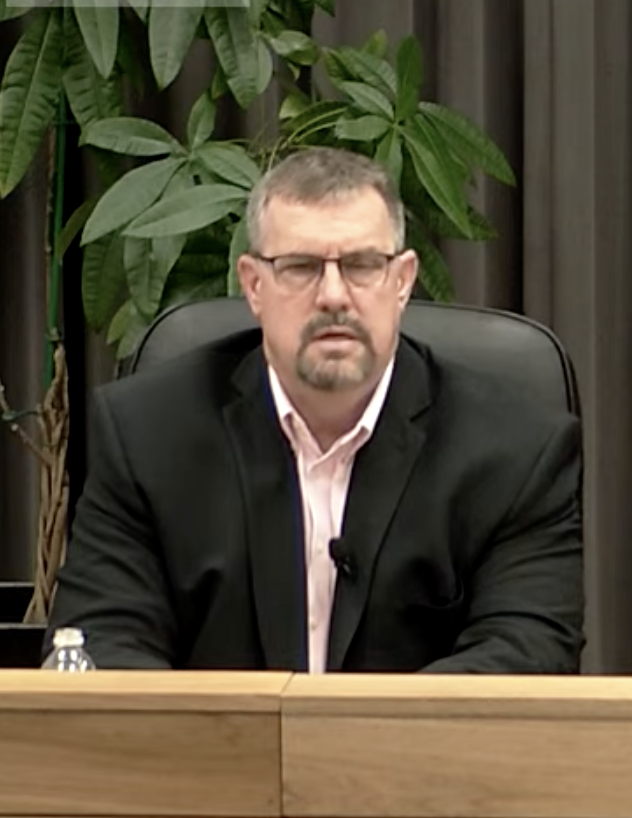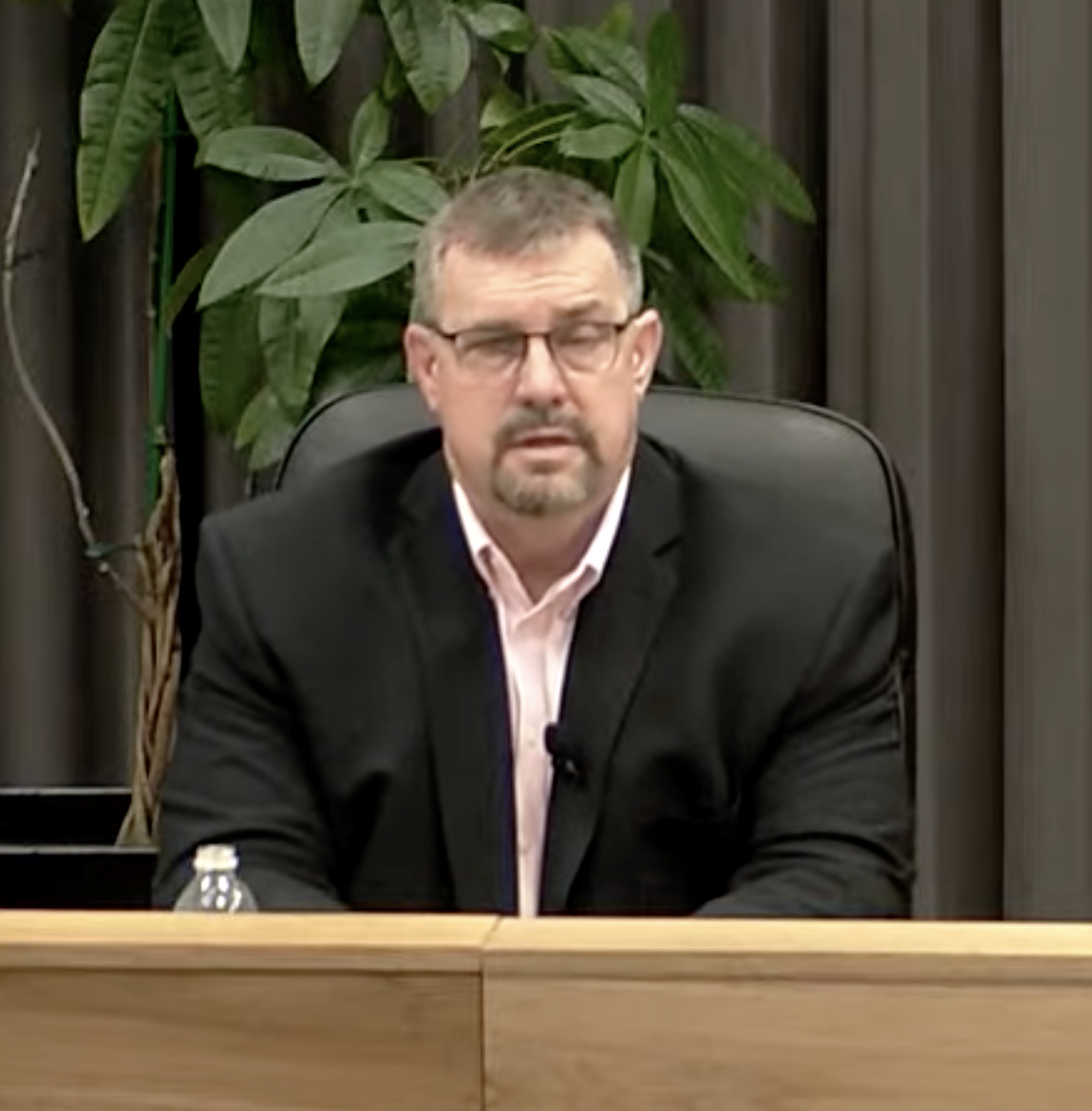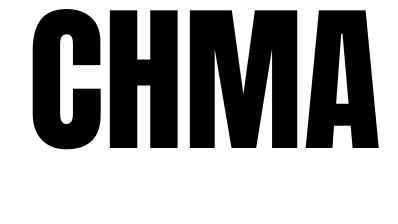Hogan files for dissolution of Anglophone East District Education Council

Updated July 5, 2024, 10pm to include confirmation of filing from Department of Education spokesperson, Erika Jutras.
School may be out for the summer, but the Anglophone East District Education Council was back in action on Thursday, responding to news of an order in council approved by the provincial cabinet on May 9, 2024, authorizing Minister Bill Hogan to go to court to dissolve the District Education council for Anglophone East. By end of day Friday, the minister would make use of that authorization.
Hogan had previously threatened the council with dissolution, but the order in council shows that he has support of the PC government cabinet to pursue the dissolution.
In a statement Thursday, the DEC says they have not received “any formal notice indicating that the minister has filed the required application to dissolve the DEC with the court.”
But a spokesperson for the Education department told CHMA that could be coming soon. “The intention is to file shortly with the court to dissolve the District Education Council for Anglophone-East,” wrote communications officer Judy Winter in response to a CHMA enquiry Thursday.
It’s not clear if the court would be able to deal with the matter before the New Brunswick provincial election, due to happen in less than four months’ time, by October 21, 2024.
The DEC statement says it is prepared to “defend its integrity through all available channels”, if and when the minister “chooses to act on the May 9th authorization.”… Continue
Anglophone East turns down Hogan request to repeal Policy 713 fix


An Anglophone East district councillor says that a letter from education minister Bill Hogan asking the DEC to repeal their supplemental policy to the education department’s Policy 713 was “incredibly vague”, and after getting legal advice, the DEC has voted to turn down the minister’s request.
“There was nothing in the letter that said which parts of our policy are in contravention of the minister’s own policy,” says Cavoukian. “So there was not a lot to go on there.”
Although it didn’t explicitly say so, Cavoukian says Hogan’s letter seemed to call for a complete repeal of the DEC’s policy, which passed this summer shortly after Hogan made a second revision to the government’s policy.
The Anglophone East policy requires staff to consult with transgender or non binary students of any age to determine their preferred first name and pronoun, and then use those consistently. That offers a stronger protection for students than the province’s revised policy, which requires teachers to get parental consent before using a name requested by a student, if they are under 16 years of age.
The province’s policy specifies that districts may create supplemental policies that are “consistent with, or more comprehensive than,” the provincial policy. Cavoukian says the Anglophone East DEC based their policy on advice in a report from the Child and Youth Advocate Kelly Lamrock, which was designed to beef up protections, without contravening the Department of Education’s policy.… Continue
Hogan’s Policy 713 changes a ‘disappointment’ for Anglophone East councillor

When teachers call students by name in the classroom, that’s a “formal” use of their name, on par with the name they have recorded in online records and report cards. That’s how Education Minister Bill Hogan has defined the term in a newly revised Policy 713 on Sexual Orientation and Gender Identity. Informal use of names, according to Hogan and the Department of Education, happens only in social interactions outside of the classroom.
The new definition means that the province’s newly revised Policy 713 now explicitly requires teachers to get parental consent before using the preferred name of students aged 15 and younger. The previous version appeared to remove the requirement for teachers to use preferred names for students under 16, but did not restrict them from doing so.

Hogan’s definition of formal name use lies in contrast to how Kelly Lamrock, the province’s Child and Youth Advocate, defined use of names in his report on Policy 713 published last week. Lamrock describes informal use of names as including “classroom communication, extracurricular and co-curricular activities, free time, and social conversation,” and he contrasts those informal uses to official school uses such as online records and report cards.
Lamrock has heavily criticized Policy 713 for creating rules around use of names for trans and genderqueer students that do not apply to other groups.… Continue
